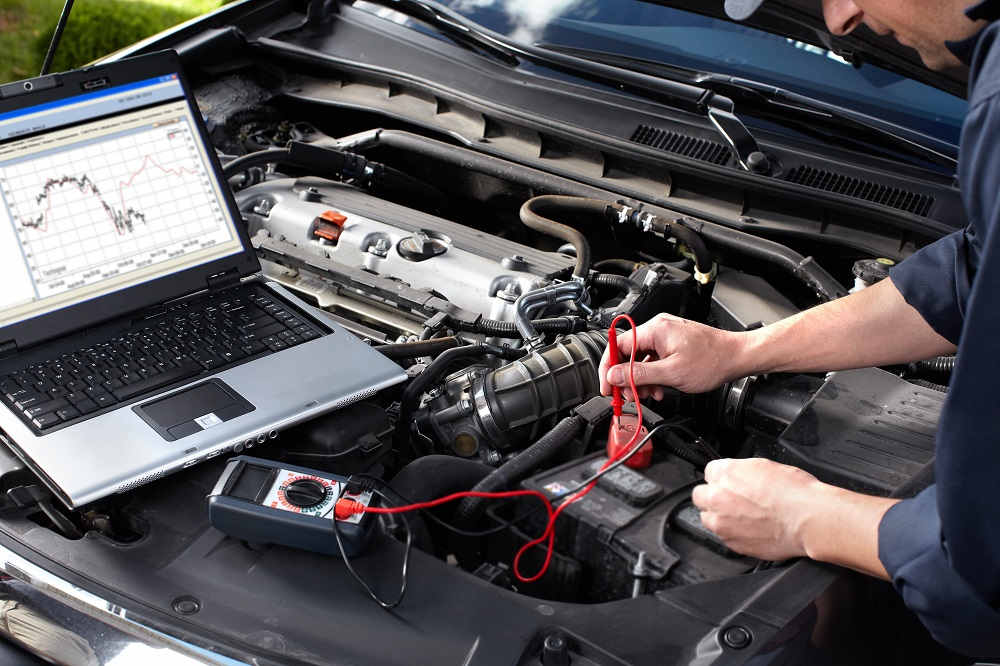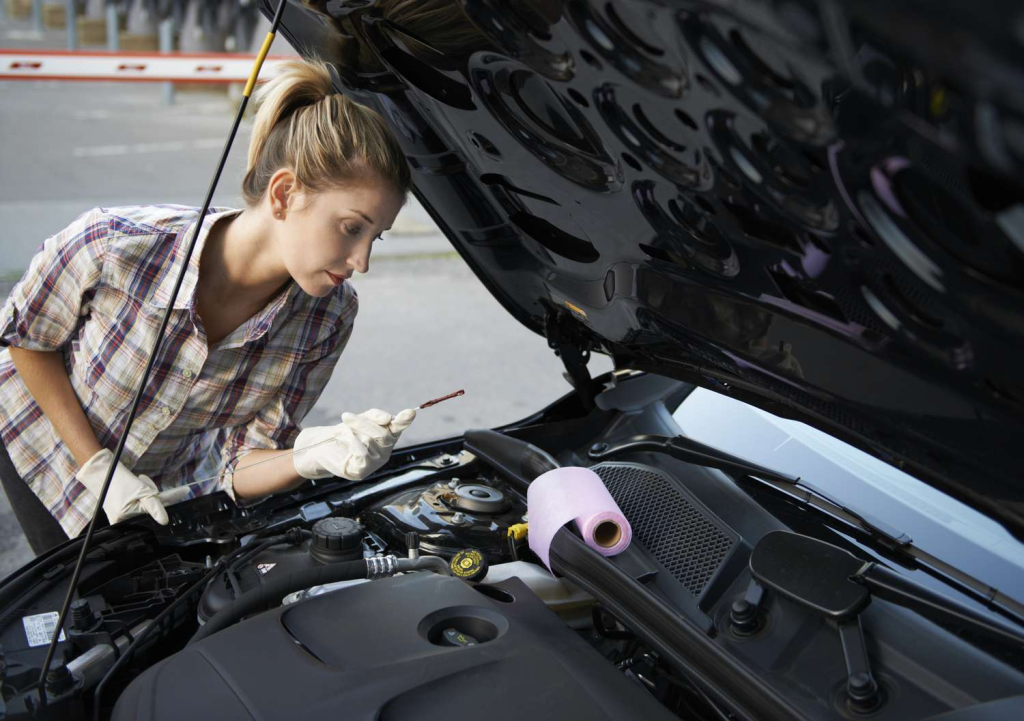Have you ever faced an issue with your car’s electrical system and wondered who could help you fix it? The answer lies with an auto electrician. As vehicles become more advanced and technologically driven, the role of an auto electrician has become increasingly important. In this article, we will explore the world of auto electricians, their responsibilities, and how they diagnose and repair electrical issues in vehicles. Buckle up and get ready to learn more about this crucial profession in the automotive industry.
What is an Auto Electrician?
An auto electrician is a specialized professional who is trained to diagnose, repair, and maintain the electrical systems in vehicles. They are skilled in working with various electrical components, such as batteries, alternators, starter motors, and wiring systems. Auto electricians are also knowledgeable about the latest automotive technology and are constantly updating their skills to keep up with the ever-evolving industry.
Common Electrical Issues in Vehicles
There are several electrical issues that can arise in vehicles, some of which include:
– Dead battery: A dead battery is one of the most common electrical issues in vehicles. This can be caused by leaving the headlights or other electrical components on when the engine is off, or by a faulty alternator that is not charging the battery properly.
– Wiring issues: Damaged or corroded wiring can lead to a variety of electrical problems, such as flickering lights or intermittent power loss.
– Malfunctioning sensors: Modern vehicles rely on various sensors to monitor and control different systems. Faulty sensors can cause warning lights to illuminate on the dashboard or affect the performance of the vehicle.
Diagnosing Electrical Issues
Diagnosing electrical issues in a vehicle can be a complex process, as it involves understanding the intricacies of the vehicle’s electrical system and using specialized tools and equipment. Some common diagnostic methods used by auto electricians include:
– Visual inspection: Auto electricians often start by visually inspecting the vehicle’s wiring and electrical components for any signs of damage, wear, or corrosion.
– Voltage and current testing: By using a multimeter, auto electricians can measure the voltage and current in different parts of the electrical system to identify any abnormalities.
– Circuit testing: Circuit testers can help auto electricians to trace and test individual circuits within the vehicle’s electrical system.
– Diagnostic scanning: Modern vehicles are equipped with onboard diagnostic systems that can be accessed using specialized scanning tools. Auto electricians can use these tools to retrieve diagnostic trouble codes (DTCs) and gain insights into the vehicle’s electrical issues.

Repairing Electrical Issues
Once the issue has been diagnosed, auto electricians can proceed to repair the problem. Some common repair tasks include:
– Replacing or recharging the battery
– Repairing or replacing the alternator
– Replacing blown fuses
– Repairing or replacing damaged wiring
– Resetting or recalibrating sensors
– Updating vehicle software
In some cases, the auto electrician may need to consult the vehicle’s service manual or contact the manufacturer for further guidance on repairing the issue.
Preventive Maintenance and Tips
To minimize the risk of electrical issues in your vehicle, consider the following preventive maintenance tips:
– Regularly inspect your vehicle’s wiring and electrical components for signs of wear or damage.
– Ensure that your vehicle’s alternator is functioning properly.
– Replace any blown fuses promptly.
– Avoid overloading your vehicle’s electrical system with too many accessories.
When to Consult an Auto Electrician
If you are experiencing any of the following symptoms, it may be time to consult an auto electrician:
– Warning lights on the dashboard
– Dimming or flickering headlights
– Slow or non-responsive power windows or locks
– Intermittent electrical issues
– Frequent blown fuses
The Future of Auto Electricians
As vehicles continue to become more technologically advanced, the role of auto electricians will only grow in importance. With the rise of electric and hybrid vehicles, auto electricians will need to adapt their skills to work with these new technologies. Additionally, as vehicles become more connected and reliant on software, auto electricians will need to stay up-to-date with the latest advancements in automotive technology.
Conclusion
In conclusion, auto electricians play a vital role in diagnosing and repairing electrical issues in vehicles. As technology continues to evolve, the demand for skilled auto electricians will only increase. By understanding the common electrical issues in vehicles and knowing when to consult an auto electrician, you can help ensure the longevity and reliability of your vehicle’s electrical system. So, the next time you face an issue with your car’s electrical system, remember that an auto electrician is just the professional you need to get back on the road safely and efficiently.





